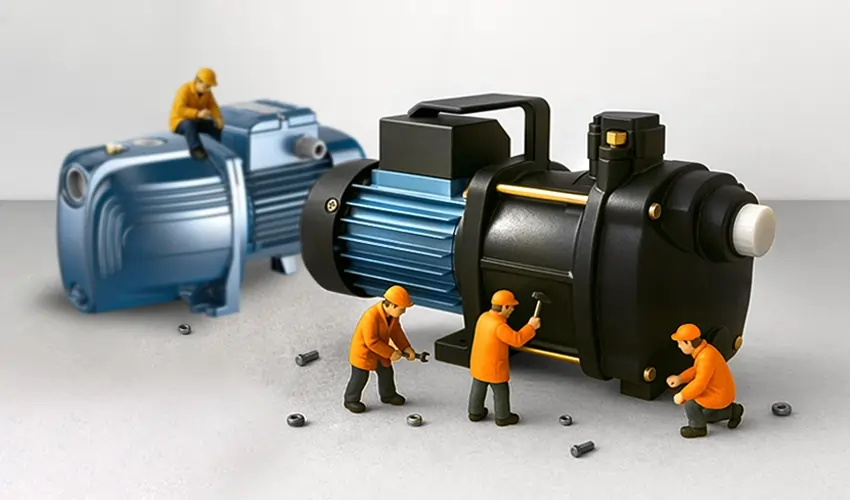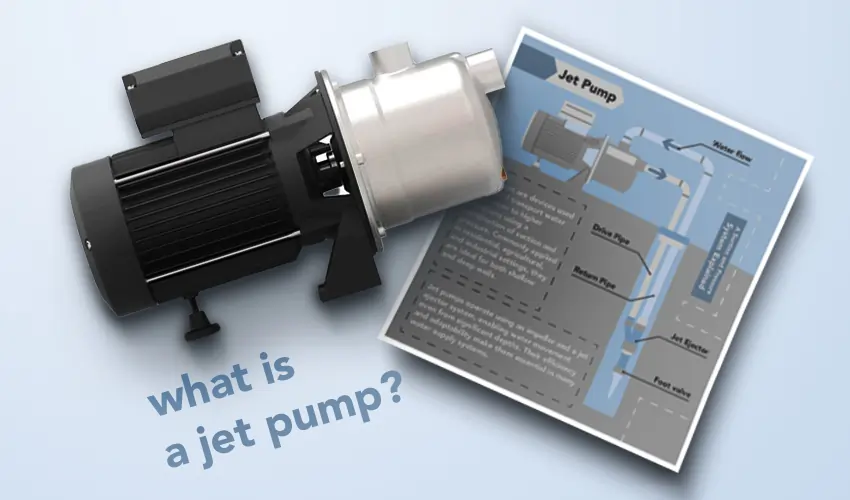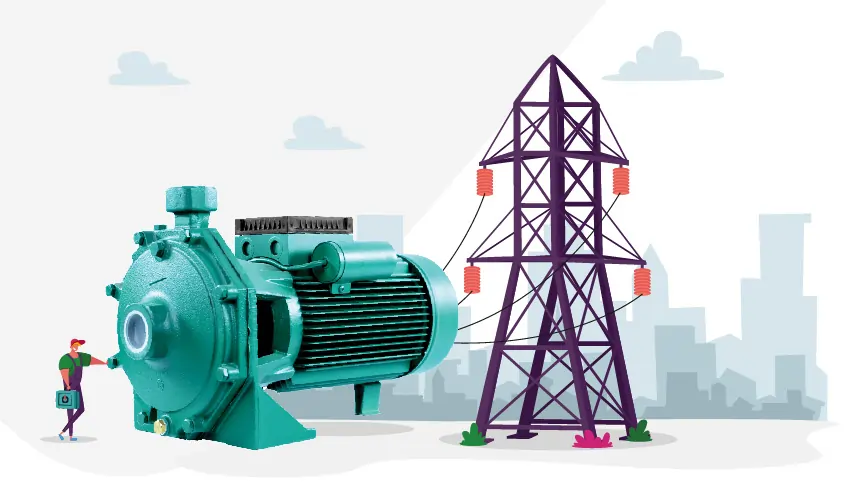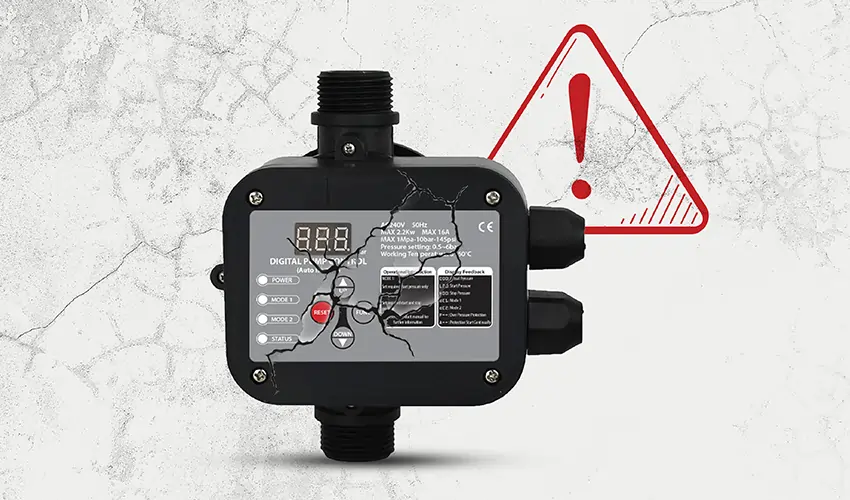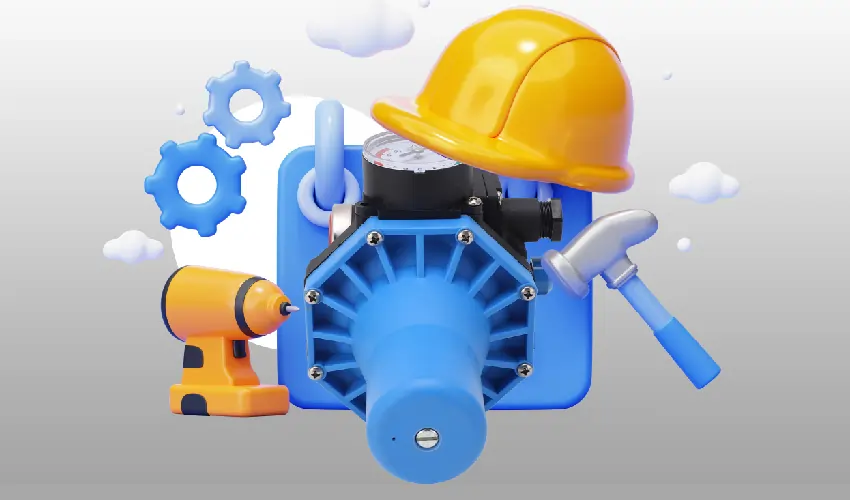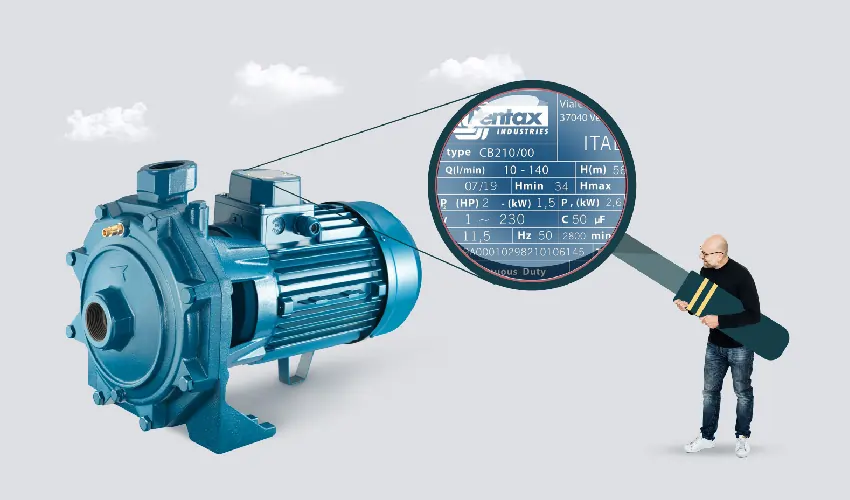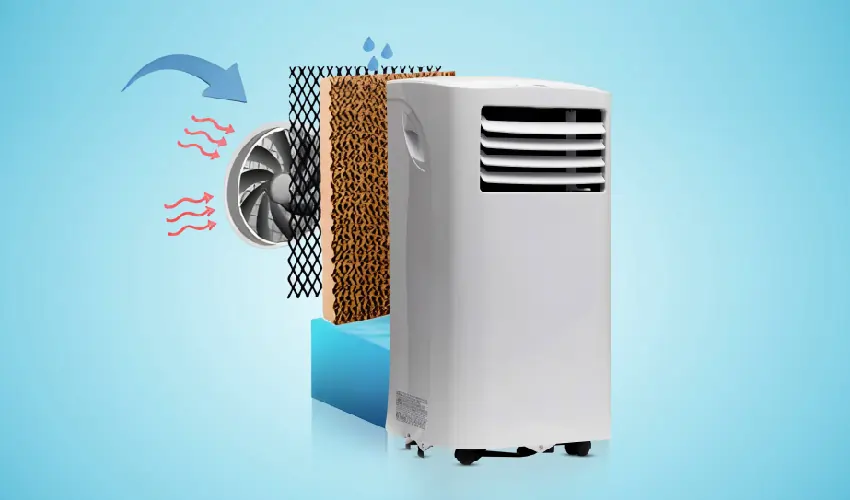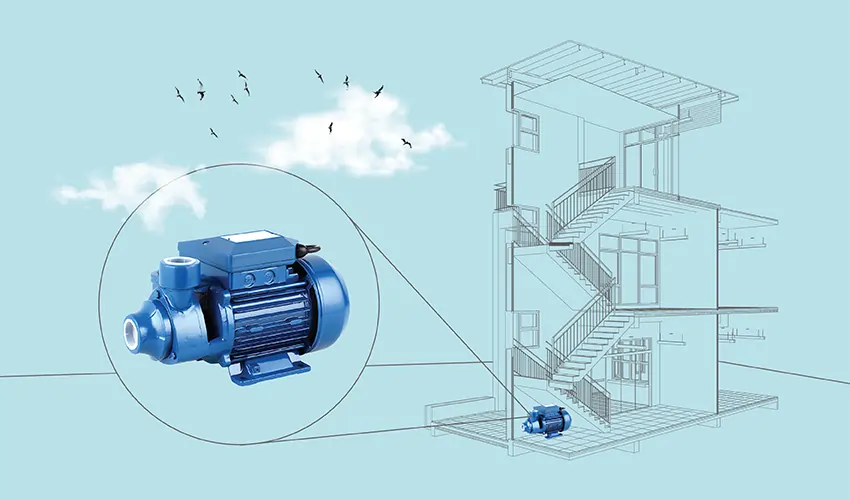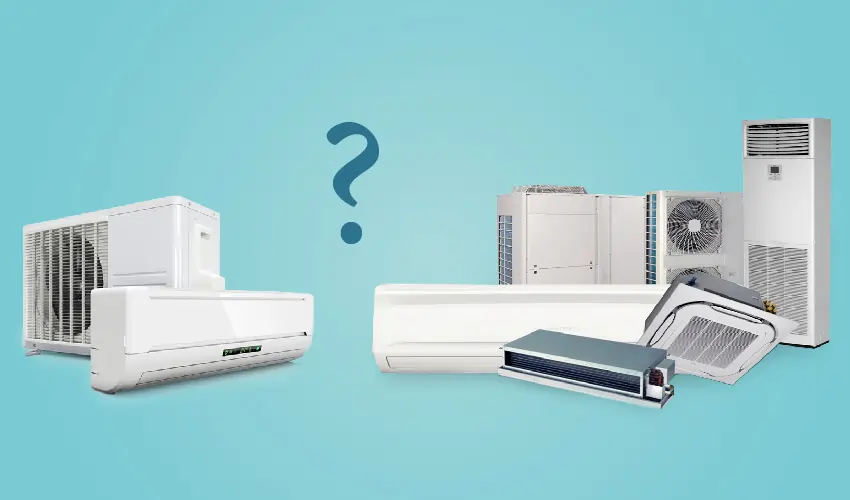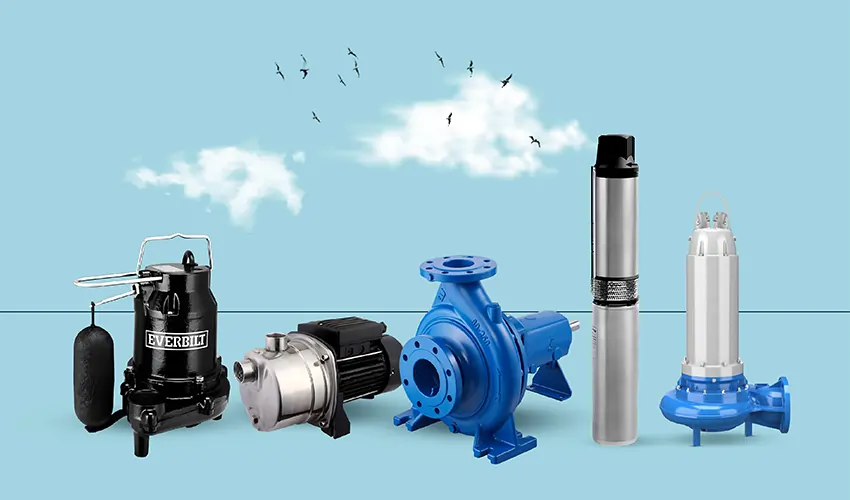Portable gasoline generators are widely used for providing electricity in areas where access to a power grid is unavailable or unreliable. They are efficient for short-term or emergency power needs. These generators convert gasoline into electrical power through an internal combustion engine and an alternator. Efficiency of a portable gasoline generator depends on the model and size, but generally, they are less efficient than large-scale power generators. Gasoline generators are valued for their portability and convenience, but they also produce noise and emit pollutants. They’re ideal for camping, outdoor events, and emergency backup power for homes.
Defining Portable Gasoline Generator Efficiency and its Significance
The efficiency of a gasoline portable generator is defined by how well it converts gasoline into electrical power. This efficiency is crucial for several reasons. Firstly, it determines how much fuel the generator uses. A more efficient generator requires less gasoline to produce the same amount of electricity, leading to cost savings and less frequent refueling. Secondly, efficiency impacts the environmental footprint of the generator. With greater efficiency, fewer pollutants and greenhouse gases are emitted, making it a more environmentally friendly option. Additionally, the operational costs over the generator’s lifetime are significantly affected by its efficiency.
Although efficient models might have a higher initial cost, they can be more economical in the long run due to lower fuel consumption. Lastly, generators with higher efficiency tend to have better performance, potentially running cooler and having longer lifespans, as they are not strained as much to generate power. In essence, the efficiency of a portable gasoline generator is a key factor that influences its cost-effectiveness, environmental impact, and overall functionality.
How to Improve the Efficiency of a Portable Gasoline Generator?
Improving the efficiency of a gasoline portable generator involves several strategies. Regular Maintenance: Keeping the generator well-maintained is crucial. This includes regular oil changes, cleaning or replacing air filters, and ensuring the spark plugs are in good condition. A well-maintained engine runs more efficiently.
Using Fresh Fuel: Gasoline can degrade over time, leading to decreased efficiency and potential engine problems. Using fresh fuel and adding a stabilizer if the generator is not used frequently can help maintain efficiency.
Proper Loading: Running the generator at the appropriate load can improve efficiency. Generators are usually most efficient at 50-80% of their rated capacity. Running them at too low or too high a load can decrease efficiency.
Quality of Oil: Using high-quality oil suited for the specific model and operating conditions can enhance engine performance and efficiency.
Upgrading Parts: In some cases, upgrading parts like the exhaust system or the air intake system can improve efficiency. These upgrades allow for better air and fuel mixture, leading to more efficient combustion.
Keeping it Clean: Regularly cleaning the generator and ensuring it’s free from dust and debris can also improve efficiency. Dust and grime can hinder heat dissipation, causing the generator to run hotter and less efficiently.
Correct Storage: When not in use, storing the generator in a clean, dry place can prevent issues that might reduce its efficiency when you next use it.
What factors contribute to portable generator inefficiency? Several factors can contribute to the inefficiency of a portable generator, impacting its performance and fuel consumption.
Age and Wear: Over time, components of a generator wear down, leading to decreased efficiency. Older engines may not burn fuel as completely as they did when new.
Poor Maintenance: Lack of regular maintenance, such as not changing the oil, failing to replace or clean air filters, and not servicing spark plugs, can greatly reduce a generator’s efficiency. Low-Quality Fuel: Using old or contaminated gasoline can cause the engine to run less efficiently and may even lead to damage.
Improper Load: Operating a generator at too low or too high a load for its design can reduce its efficiency. Generators typically have a sweet spot for load, often around 50-80% of their maximum capacity, where they run most efficiently.
Environmental Conditions: Extreme temperatures, either too hot or too cold, can affect the generator’s performance. High altitude can also decrease efficiency due to thinner air, affecting combustion.
Inadequate Storage: Storing a generator in a damp or dirty environment can lead to rust and other issues, which may affect its efficiency when it’s used. Suboptimal Oil or
Fuel Type: Using the wrong type of oil or fuel for the specific model or the operating conditions can lead to inefficient operation.
Unaddressed Repairs: Ignoring minor repairs can lead to bigger problems, reducing efficiency. For example, a small fuel leak or a malfunctioning carburetor can significantly impact performance.
Calculating the Efficiency of a Portable Gasoline Generator
Calculating the efficiency of a portable gasoline generator involves comparing the energy output (in terms of electrical energy) to the energy input (the energy content of the gasoline used). Here’s a simplified way to approach this calculation.
Determine the Energy Content of the Fuel: The energy content of gasoline can vary slightly, but a general value is about 34.2 Mega joules per liter (MJ/L) or about 125,000 BTU per gallon.
Measure the Fuel Consumption: Record how much gasoline the generator consumes in a specific period, say an hour. This can be done by measuring the fuel level before and after the operation period.
Calculate the Input Energy: Multiply the volume of gasoline used by its energy content. For example, if the generator used 2 liters of gasoline in one hour, the energy input would be 2 liters x 34.2 MJ/L = 68.4 MJ.
Measure the Electrical Output: This can be a bit more complex. You need to know the amount of electrical energy the generator produced in the same period. If the generator has a power meter, it can be straightforward; otherwise, you can estimate it by multiplying the voltage (in volts) by the current (in amps) to get watts, then multiplying by the time in hours. For instance, if the generator produces 1000 watts (1 kW) continuously for one hour, it produces 1 kWh of energy.
Calculate the Output Energy: Convert the electrical energy to the same units as the input energy (MJ or BTU). 1 kWh is equivalent to 3.6 MJ.
Calculate Efficiency: The efficiency is the output energy divided by the input energy, often expressed as a percentage. Using our example, if the generator produces 1 kWh (or 3.6 MJ) using 68.4 MJ of fuel, the efficiency = (3.6 / 68.4) x 100 = approximately 5.26%.
Remember, this is a simplified approach. Real-world efficiency calculations can be more complex and may consider additional factors like mechanical losses, variations in fuel quality, and environmental conditions.
Conclusions
In conclusion, the effectiveness of a portable gasoline generator is a multifaceted aspect that hinges on its efficiency, reliability, and practicality in various situations. Throughout this article, we’ve explored how these generators convert gasoline into electrical power and the factors that influence their performance, including fuel quality, maintenance, environmental conditions, and load management. While they offer unparalleled convenience and flexibility, especially in emergency situations or remote locations, it’s evident that their efficiency levels are significantly influenced by proper usage and upkeep.
The environmental impact of these generators, primarily due to emissions and noise pollution, cannot be overlooked. However, advancements in technology are continually improving their efficiency and reducing their ecological footprint. Users are encouraged to consider the balance between immediate power needs and long-term sustainability.
In summary, portable gasoline generators remain a vital resource in power generation, especially in off-grid scenarios. Their effectiveness is largely dependent on the user’s ability to optimize their operation and maintain them properly.





